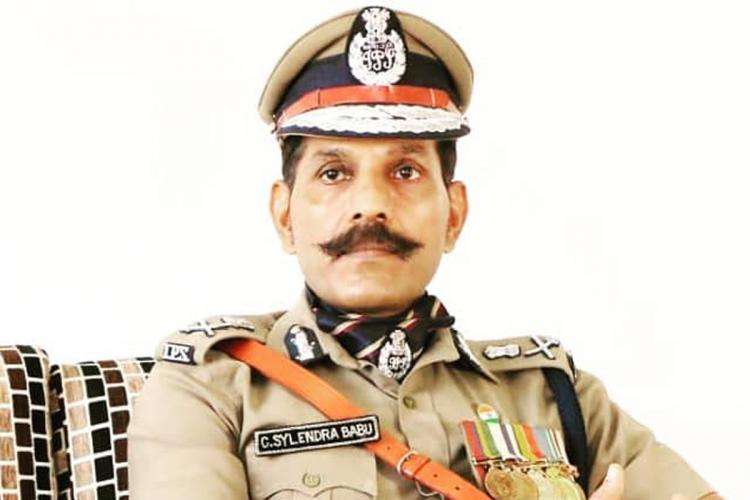Director General of Police (DGP) of Tamil Nadu state, C Sylendra Babu has issued a circular to all District Superintendents and Police Commissioners, instructing investigating officers to not make hasty arrests in Protection of Children from Sexual Offences (POCSO) cases involving mutual romantic relationships.
According to the circular issued on 3rd December, the police should first give notice to the concerned person under section 41-A of the Code of Criminal Procedure (CrPC) for inquiry and specify in the case diary the reason for not recording the arrest of the accused. Further, arrests should be made only with the approval of the deputy commissioner or superintendent of police.
The circular points out that 60% of POCSO cases are related to mutual love affairs, for which the male is criminalised by arrest and prosecution in view of the stringent provisions of the POCSO Act as they stand today, and this is more so in cases of youths from tribal communities in hilly areas.
“In several Adivasi and tribal cultures, it is not taboo for a male to marry a girl less than 18 years of age. The state is encouraging the tribals to use the facilities in government hospitals for delivery for good reasons. When a 17-year-old tribal wife goes for delivery to a government hospital, information is sent to the police, a case under the POCSO Act is registered against her husband and he is arrested. If this continues, tribal women will not go for delivery to hospitals and will instead, avail the services of tribal midwives. That apart, Adivasis and tribals will get more and more alienated from the mainstream society, which is not conducive for the state,” the circular noted.
As a policy, police were directed to refrain from arresting the accused in such cases and a notice under Section 41-A of the CrPC be issued instead of arrest. Further, it has been observed that most of the cases go unpunished either because of marriage between the victim and the accused or because of enmity between the accused and the victim. Calling for an amendment to the POCSO Act, the circular stated that criminalising youths will have a negative effect on their life and career.
The circular further mentions that the investigating officers often file positive charge sheets in all POCSO cases because they fear that non-filing of the charge sheet will place them in trouble. As a resolution, it was directed that the DGP should issue circulars to the supervisory officers to keep an eye on the progress of each POCSO case, check delays and make countersignatures in the case diary when some important decisions are taken, especially at the time of filing a negative charge sheet so that the investigating officer conducts the investigation freely and fairly.
The DGP’s move follows a stakeholder consultation meeting on the POCSO Act’s implementation that was held by the Madras High Court’s Juvenile Justice Committee and POCSO Committee.














